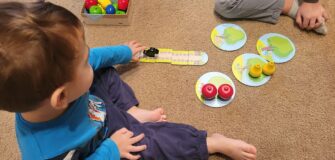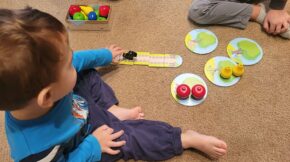14 Foods High in Calcium that are Ideal for Toddlers
Share
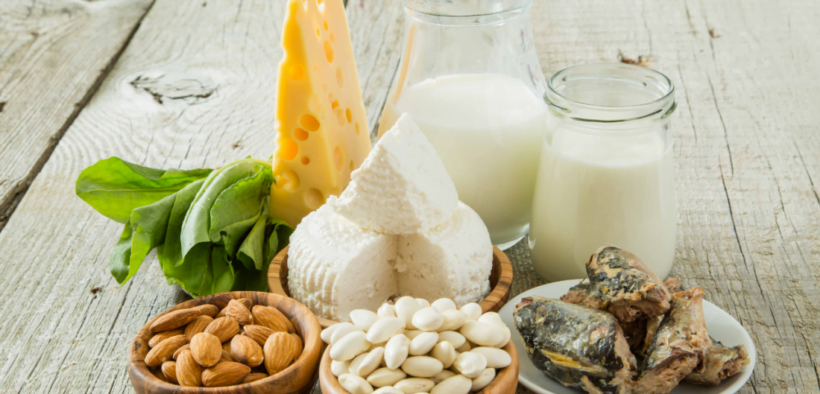
Growing kids need lots of food to get through the day, jumping and playing. But the food needs to be full of healthy nutrients as well.
Without essential vitamins and minerals, their growth might even end up stunted. So, in their diet, elements like calcium play a huge role. It is a mineral that will ensure proper bone density as well as tooth health.
Keeping track of the proper amount of calcium that your child intakes on a day-to-day basis is hard. However, there are many different types of foods high in calcium. You just need to know the right options so you can sneakily add them to your kid’s diet.
So, in this article, we have included a set of calcium-rich foods that can easily keep your kid healthy.
Why Food That is High in Calcium is Necessary for Toddlers and Kids
When it comes to calcium intake, there is a specific set amount that children should have. There is a thing such as too much calcium, which can be dangerous for the heart.
According to the National Institutes of Health (NIH) and its Dietary Reference Intake, kids 4-8 years need 1,000 mg per day. But more often than not, it is usually calcium deficiency that hurts the growth of children.
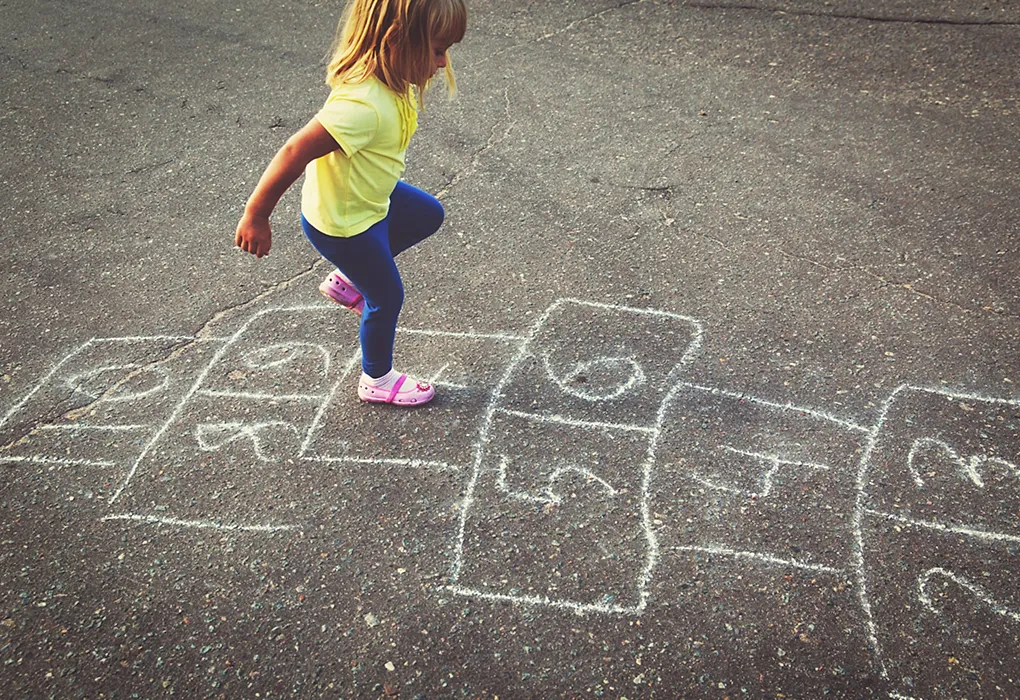
Taking a good look at the diet and supplements of young kids will show that most of them lack the necessary nutrients. But when you give them foods high in calcium, you ensure their proper diet and nutrient intake.
The most proper way to make sure they have enough calcium and other vitamins is to take a good look at the household diet. Whether you are vegetarian or vegan, there are calcium-rich options available everywhere.
Here are Some Delicious Foods High in Calcium
1. Milk
Milk is the first food that comes to mind when people speak of calcium. And with good reason, as cow’s milk offers tons of nutrients along with 306–325 mg of calcium in just 237 mL. Rich in calories and good fat, unless your kid has a dairy allergy, get them to drink one cup daily. As a bonus, drinking milk will also fill your child with vitamins A and D.
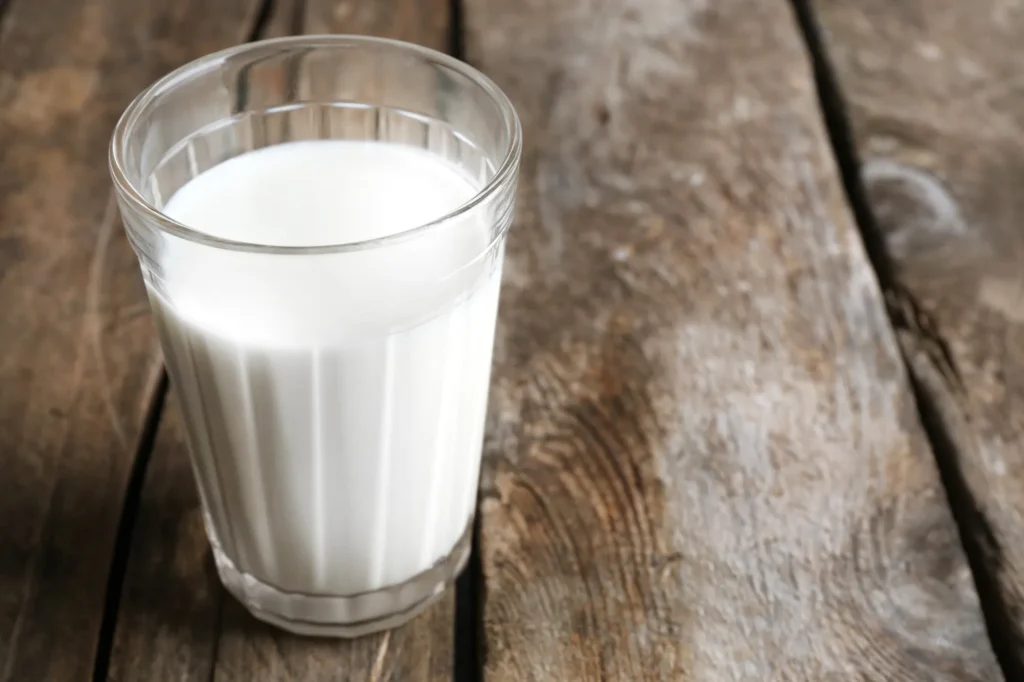
Milk is one of the best foods high in calcium, but getting your child to drink it is another question. But one way to get them to drink their daily cup is by sneaking them into their meal. You can also mix a little sugar with it.
2. Yogurt
Another great alternative to plain milk when it comes to getting calcium in our diet is yogurt. As it is a milk-derived product, it also contains calcium components that the human body can easily absorb. Yogurt is beneficial for the entire body as it contains Vitamin B, phosphorus, protein, and even live cultures.
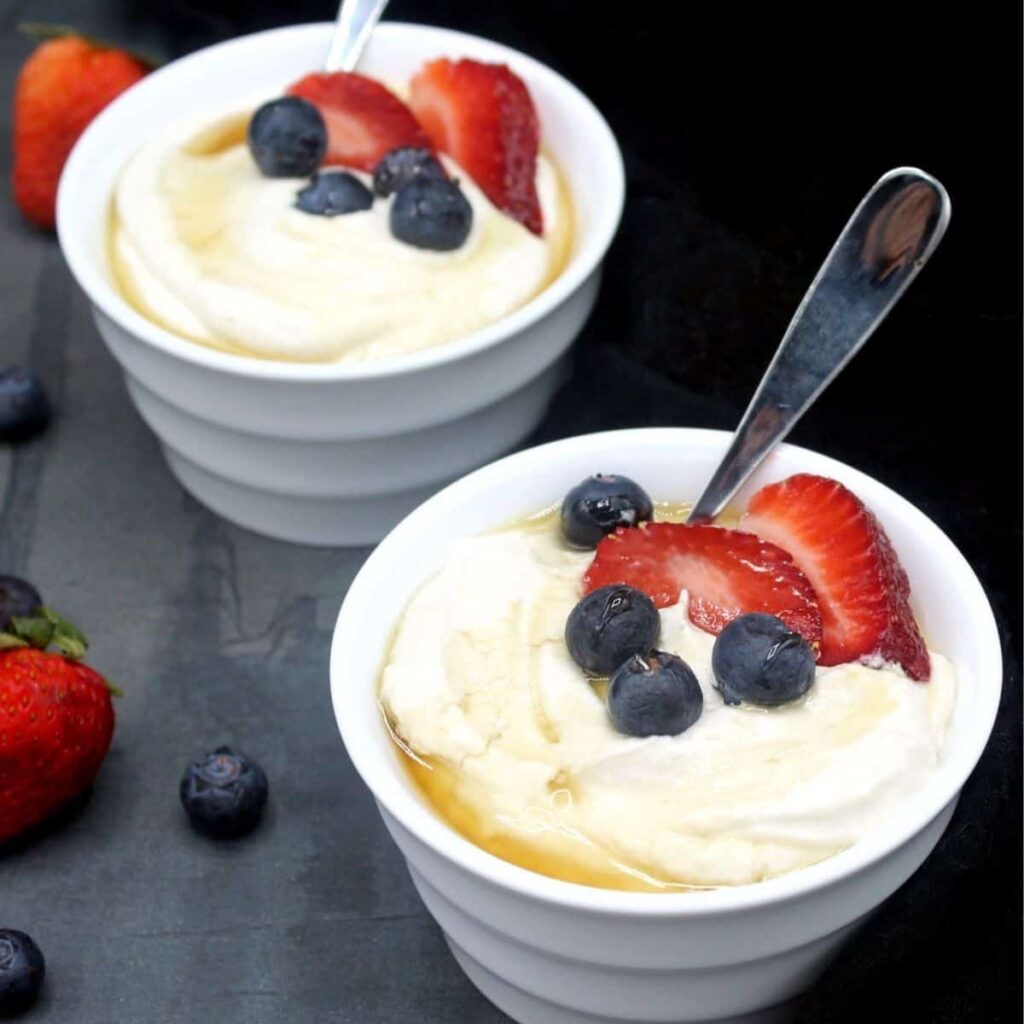
Apart from milk, yogurt is most mothers’ go-to source for calcium because of the added probiotics. It solves the problems of the kids’ excrement by keeping the digestive tract healthy. Daily consumption of full-fat yogurt will help your kid achieve about 54% to 70% of their required calcium intake.
3. Tofu
Tofu is not quite popular among toddler-specific foods, but that doesn’t mean it won’t be beneficial for your kid. Tofu is vegan, made from dried soybeans, and contains a chockful of good nutrients for the whole body.
It also ranks around the top of foods high in calcium, so your child can safely have some. Tofu becomes even more beneficial to children when it is fortified.
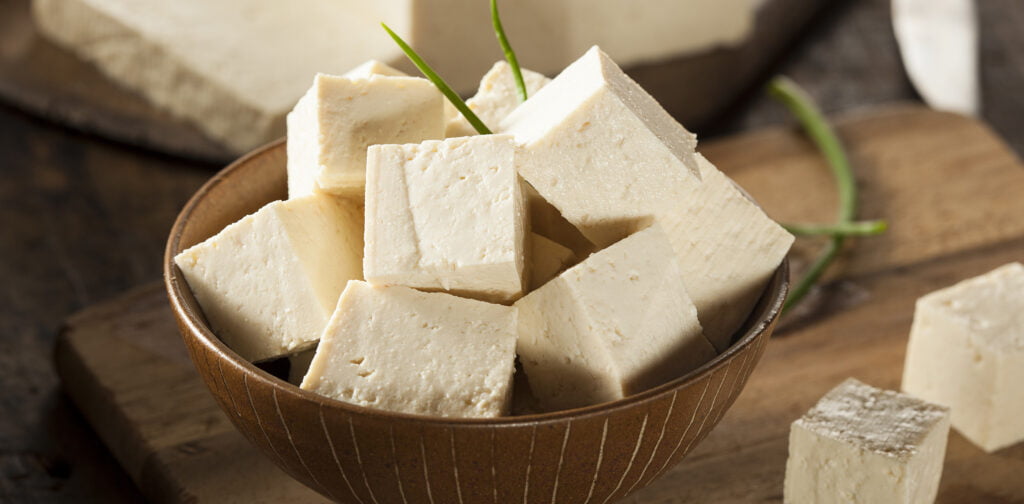
If you were to feed your child half a cup of fortified tofu daily, it would give them about 138mg of calcium. That means 53% to 69% of their recommended calcium intake can be satisfied by this itself. For toddlers, pan-fry some tofu cubes for maximum flavor.
4. Cheese
Cheese would be among the most delicious ways you can ensure that your child does not have a calcium deficiency. As a milk product, it is full of essential nutrients, but mozzarella cheese specifically is brimming with calcium. Just give your baby half a cup of shredded cheese and let them munch away happily. It will give them 73% to 95% of the recommended calcium amount.
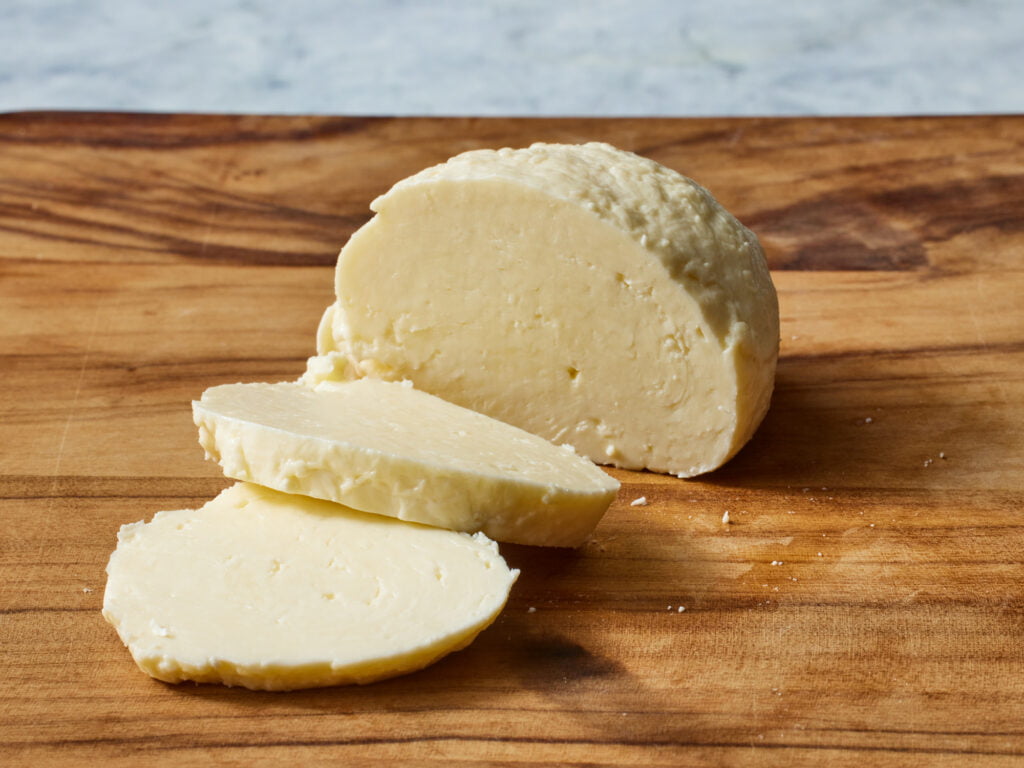
Cheese may be high in saturated fats, but it also contains lots of healthy proteins. And as a bonus, cheese is also tasty, so it can be used as a daily snack. Your toddler will enjoy some fresh mozzarella cheese sticks at any time of the day.
5. Sardines
Among non-dairy foods high in calcium, at the top of the list, you will find sardines. They are perfect for boosting your child’s entire body, from the bones to the vision. As far as nutritional fishes go, they are one of the top-tier animals. They also contain lots of protein and omega-3 fats, which make them heart-healthy.
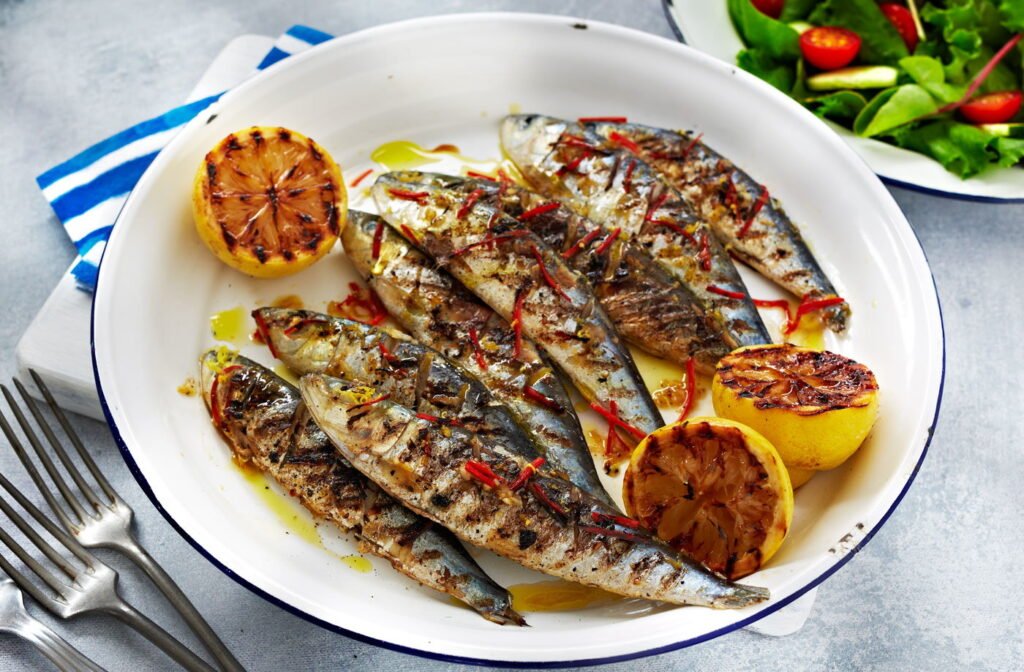
When it comes to fish, people often fear mercury poisoning. But sardines have the lowest level of mercury than any other kind of fish. Giving your baby just 2 tablespoons of sardines will give them 108 milligrams of calcium. So, among foods high in calcium, sardines cannot be ignored at all.
6. White Beans
Another big part of a toddler’s diet should be white beans. Not only are they a great source of calcium for their growing bones, but they also offer a ton of nutrients.
From fiber, protein, potassium, and magnesium to amino acids, you can find everything in half a cup. So, having some beans for at least one meal during the day will keep their muscles, nerves, hair, and skin safe.
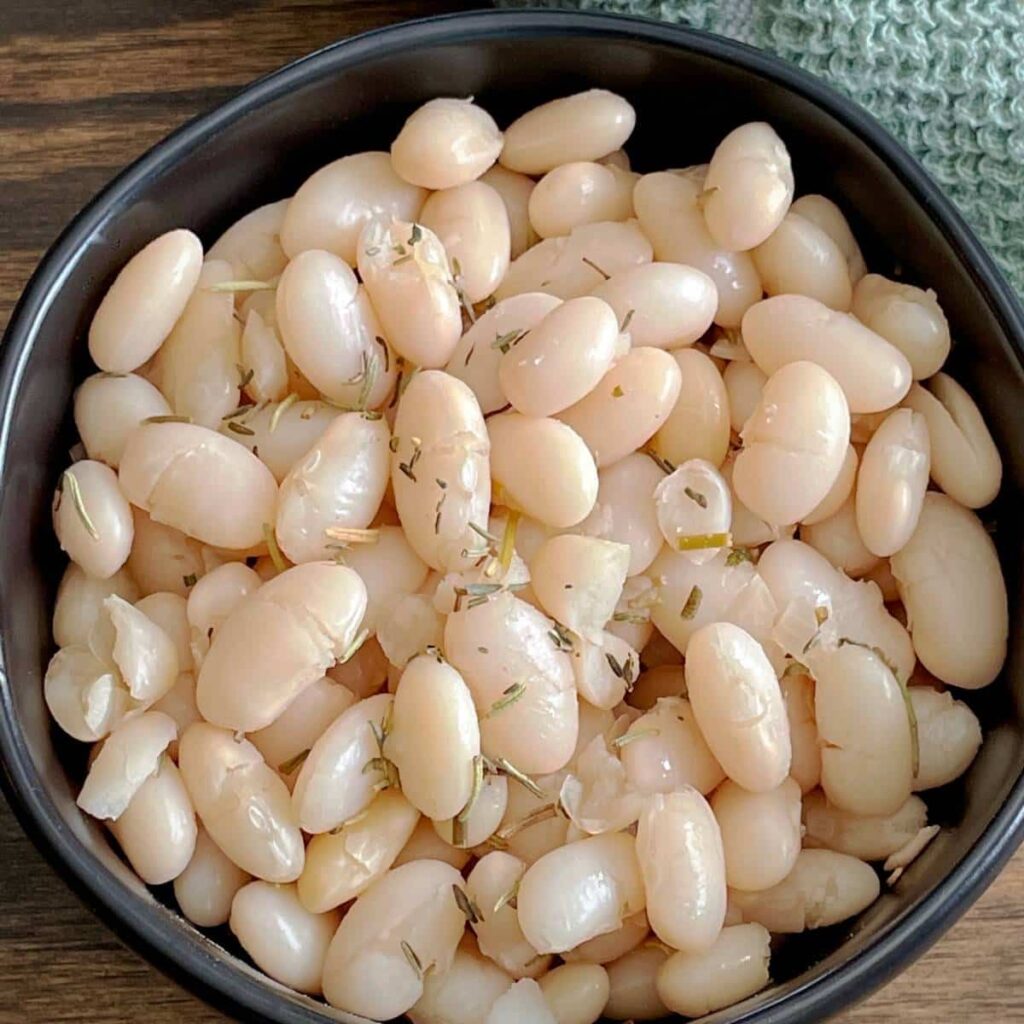
Half a cup of cooked Great Northern beans will give your child about 78 mg of calcium. It covers about 30% to 39% of the required amount, so they are great as sides during meals.
7. Almonds
Nuts, in general, are important in every person’s diet. But when it comes to children’s foods high in calcium, they become a great supplement. Almonds especially can offer your child a lot of nutrients they need to grow up healthy.
But for little kids, nuts like almonds are tricky. They can easily choke on the little bits, so as an alternative, use almond butter. One tablespoon of good almond butter will give your child about 55mg of calcium.
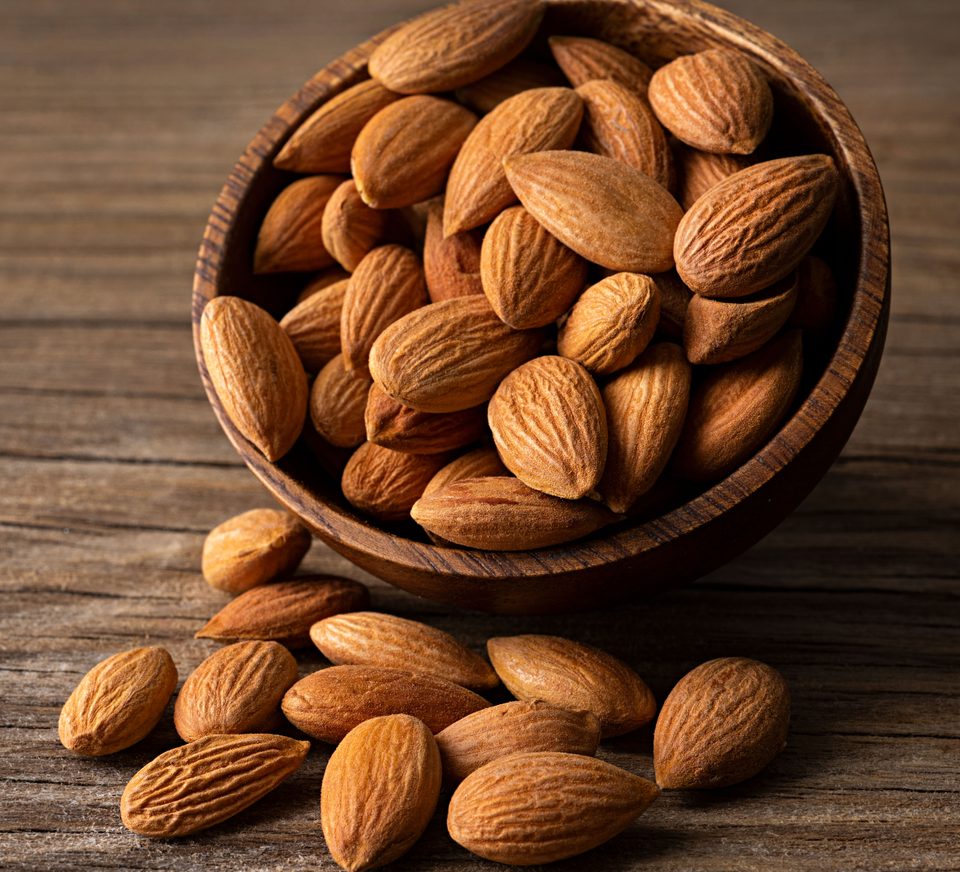
Almonds are loved by parents as apart from calcium. They also have vitamin E and omega-3 fatty acids. It will keep your baby’s nervous system healthy as well as help in brain development.
8. Spinach
Green vegetables are a must-have for any diet, be it an adult or a grown-up. But for toddlers especially, leafy veggies like spinach and their benefits cannot be denied. They are essential for healthy, strong bones, as half a cup of cooked spinach contains as much as 123mg of calcium. The nutrients found in spinach also help with blood and cell function.
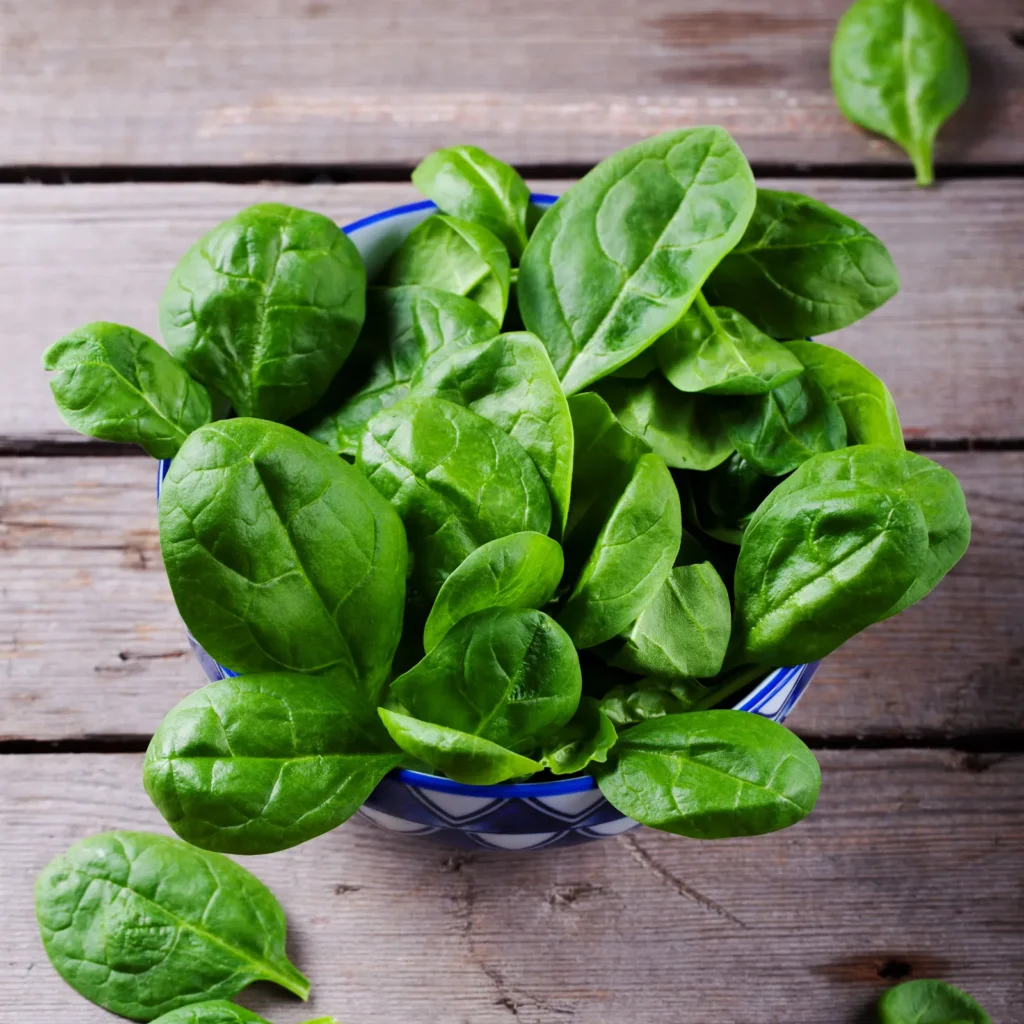
Just half a cup of spinach makes for 47% to 62% of calcium intake for the day. For toddlers, the amount is about 18%. But spinach is also full of magnesium, phosphorus, potassium, and folate, making it useful for hemoglobin production. However, for little kids, spinach puree is preferred compared to cooked ones to avoid nitrates.
9. Fortified Plant Milk
Cow’s milk is indeed the easiest way to give your child the amount of calcium they require. But it is by no means the only healthy milk available in the market.
Among foods high in calcium, you will often find various plant-based milk options that do the trick quite well. Milk made from soy and pea protein is especially rich in calcium and Vitamin D.
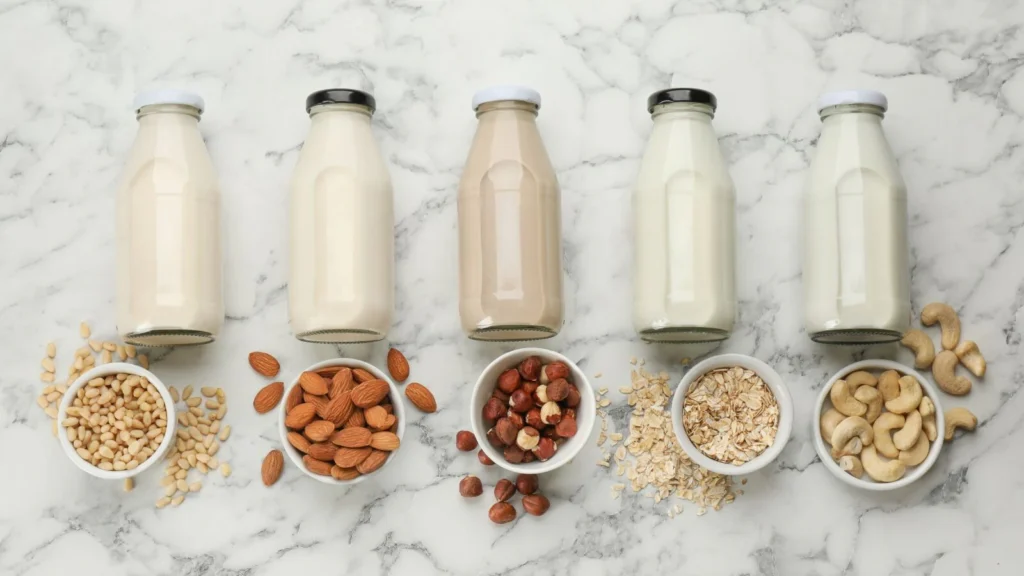
These options are beneficial for parents with children who are allergic to dairy products. And as they have been fortified, you will find that just one cup of pea milk has 451mg of calcium. However, it is always advised to consult a registered dietitian before opting for these.
10. Fortified Orange Juice
Feeding your little kiddies the right food so they have all the nutrients they need can be difficult, especially when it comes to otherwise healthy elements like orange juice. Because babies under the age of 1 do not need juice.
But if you have toddlers around the house, and their diet includes glasses of OJ, choose the right label. Make sure that the orange juice is fortified with calcium.
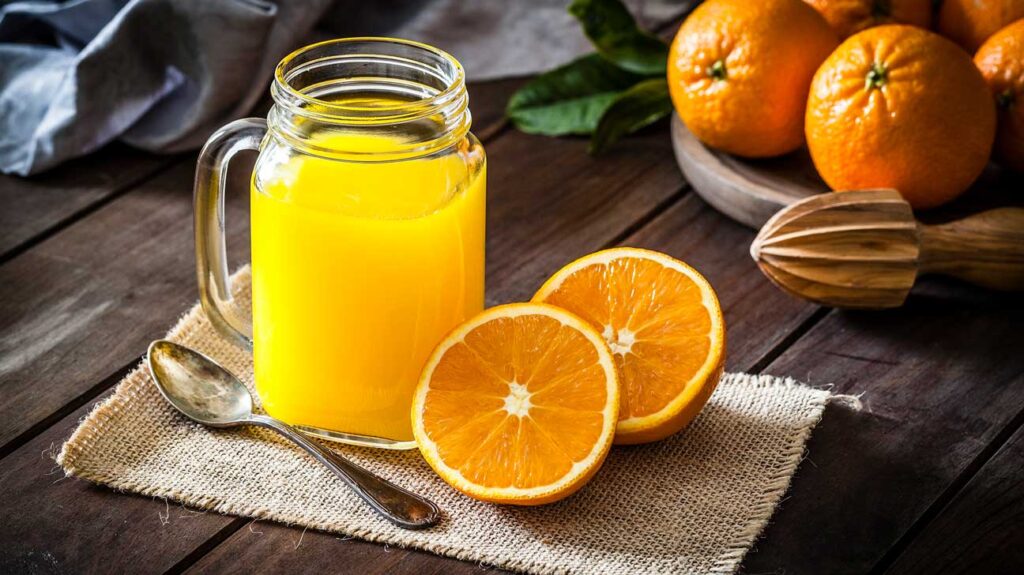
For toddlers, it is better to feed them whole foods for their dietary fiber. But if they have half a cup at breakfast, make sure it’s full of calcium and vitamin D for the best results.
11. Fortified Cereal
Nowadays, there are lots of options that will allow you to have a healthy diet deliciously. And you can easily satisfy those picky eaters with their favorite cereals once you understand which ones to buy.
If your toddler would not eat the usual foods high in calcium, read the labels of the food that they do like. For example, cereal fortified with calcium will keep your kids happy as well as make sure they are eating healthy.
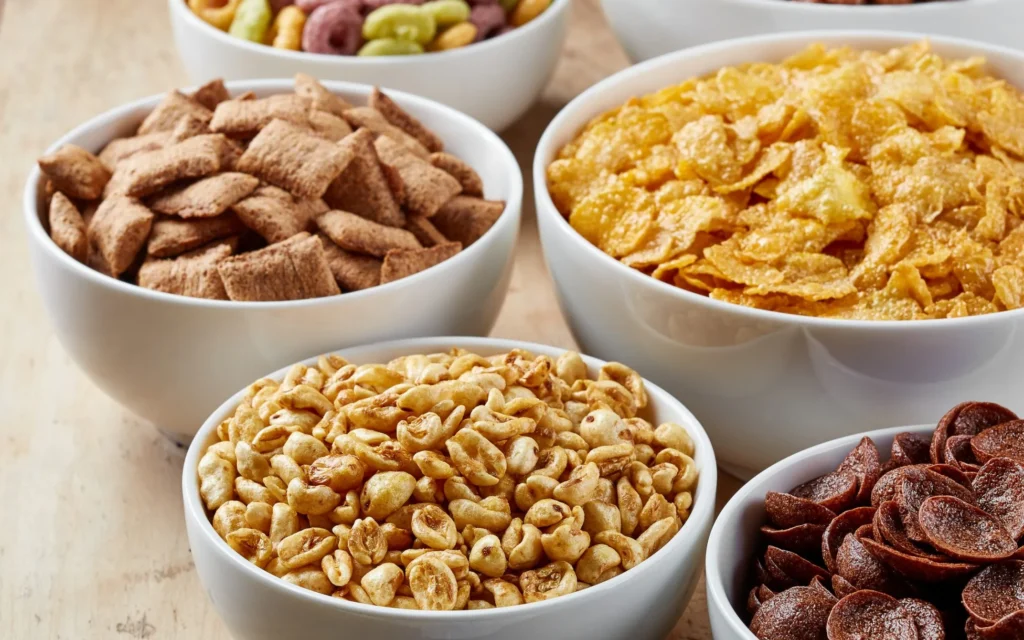
Some fortified cereals even offer 1,000mg of calcium per 1.3 cups of cereal. And when you pair that with a cup of plain milk, you will have ensured the recommended amount of calcium needed.
12. Sweet Potatoes
An unlikely candidate among foods high in calcium is sweet potatoes. When you cook this vegetable, you will have about 76 mg of calcium per cup, making it highly valuable. It is also among those vegetables that children do not hate. Simply pair it with some yogurt or cheese, and you will have a dish rich in calcium.
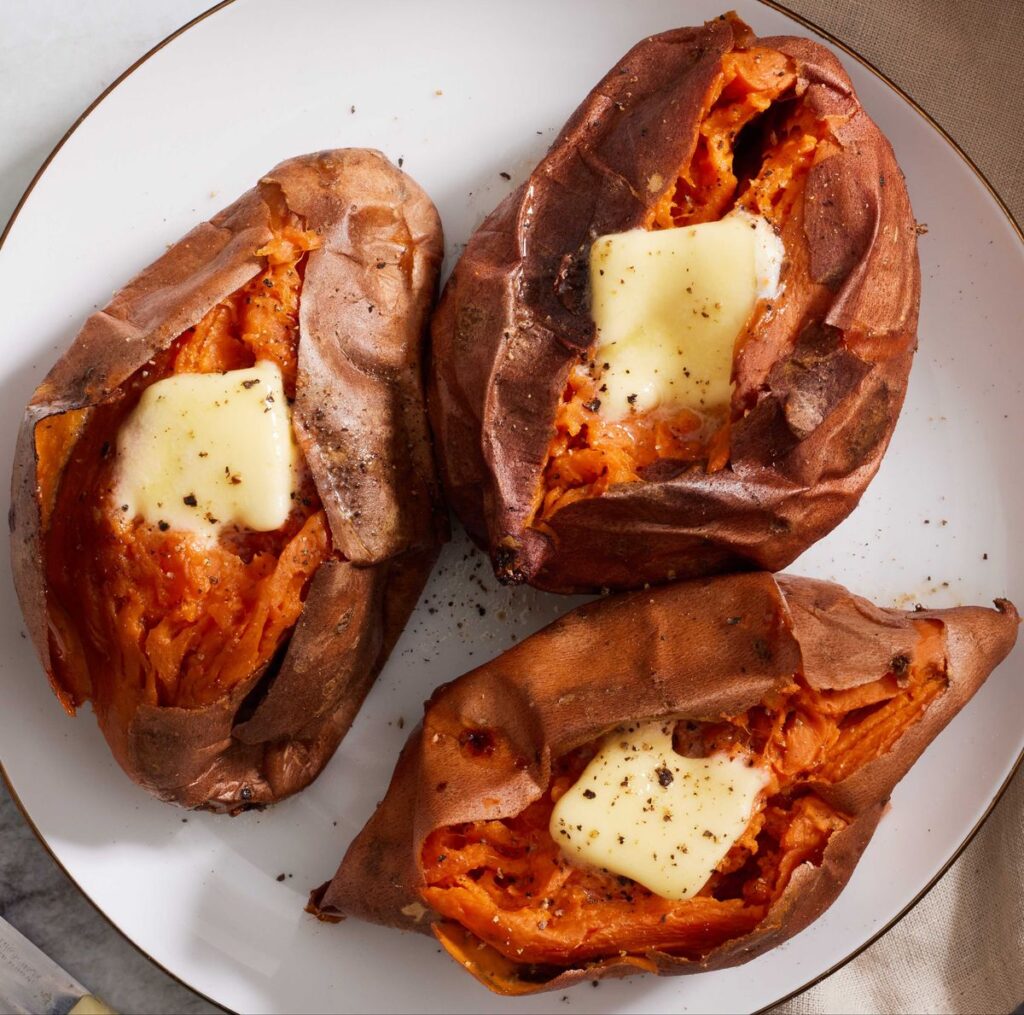
But apart from calcium, sweet potatoes are also rich in other nutrients like beta-carotene. This converts to Vitamin A, which in turn will help your baby have great eyesight, skin, and immune health. So instead of regular potatoes, use sweet potatoes in your daily meals for good health and a balanced diet.
13. Broccoli
Children seem to have an undue hatred of broccoli, but it cannot be denied that they are greatly beneficial. Like other green vegetables, broccoli is full of healthy nutrients that are necessary for healthy growth.
To have strong bones, having your toddler eat 2 1/4 cups of cooked broccoli would be ideal. Broccoli also contains a special compound, Kaempferol, which helps in supporting a kid’s healthy brain functions.
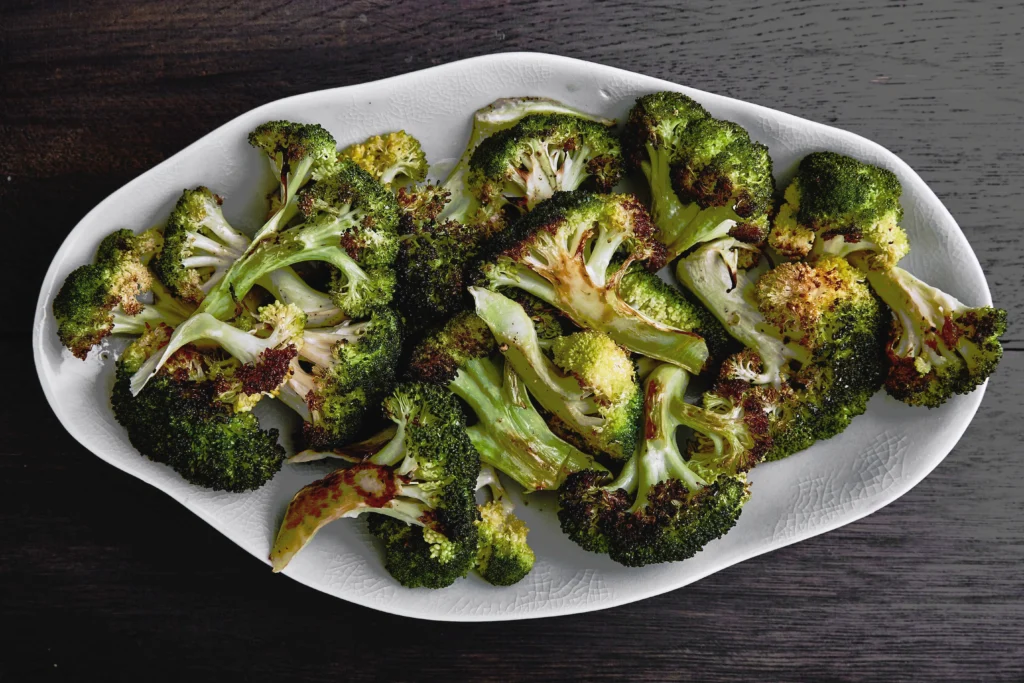
So, we see that broccoli is probably one of the most important sources of nutrients out there. It will help your children have strong bones throughout their life. And to make this vegetable more interesting, pair it well with a dip made from yogurt and herbs.
14. Green Peas
Lastly, another green vegetable that gives your toddlers plenty of calcium is green peas. One cup of these peas offers about 45 mg of calcium, perfect for a side during daily meals.
They are also full of proteins and fibers, keeping your child regular and happy. Among foods high in calcium, this green veggie also helps in cases of children’s diarrhea and constipation.
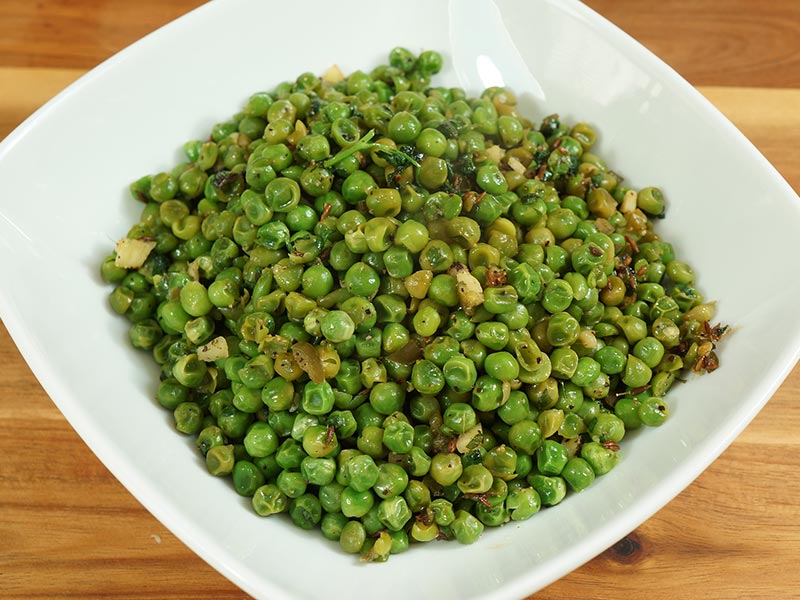
Another way green peas are beneficial for toddlers’ bones is with the help of Vitamin K. Studies have revealed that having Vitamin K supplements helps with bone strength and bone mineral density. And to make it look more appealing to toddlers, just use a handful for every meal you cook.
Keep in Mind: Vitamin D
As important as calcium is in our diet, another important aspect of the same type is Vitamin D. Calcium and Vitamin D go hand in hand, as without the vitamin, the body cannot absorb the calcium. So, both of these nutrients would be found in abundance in your toddler’s diet.
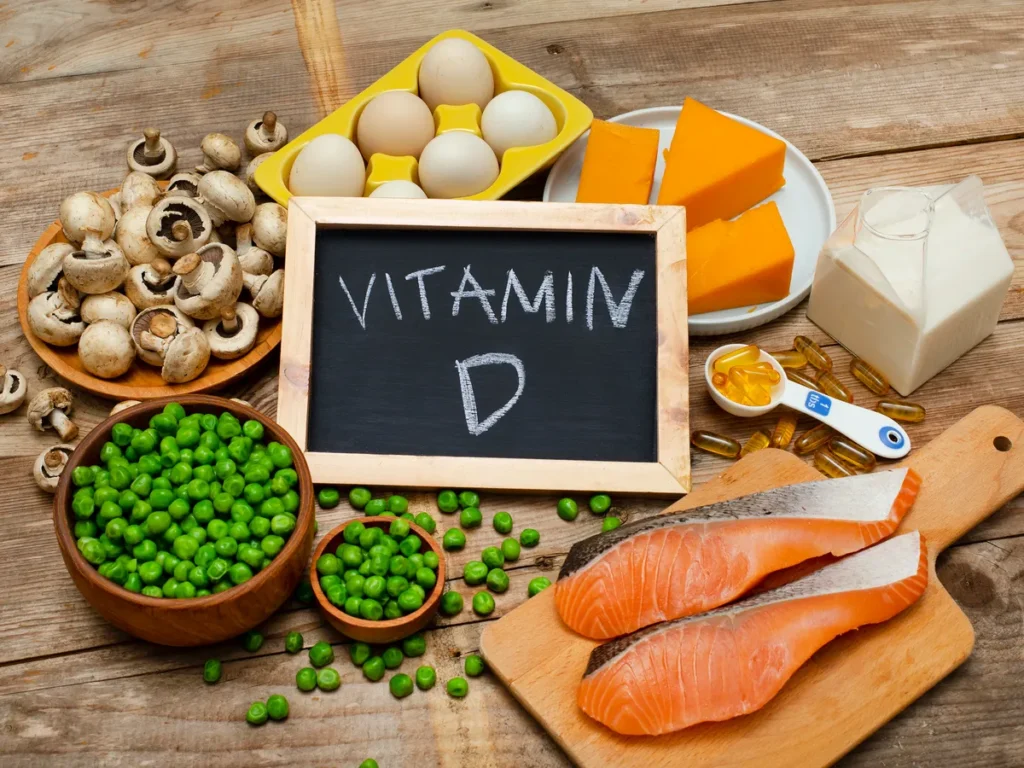
As with foods high in calcium, you should also get food items that are high in Vitamin D. The most common would be milk, which, when fortified, adds about 100 IU of vitamin D per cup. This will help your kid get both calcium and minerals together.
For a more natural approach, have your toddler play out in the sun for some time. Just a few minutes of sunlight would be enough for their daily quota of Vitamin D.
Wrapping Up!
There can be no doubt that calcium is a huge part of our body’s safe upkeep. But calcium deficit and osteoporosis are not just old age problems. Not getting enough calcium in childhood might lead to these problems later in life. So, it is essential to make sure your kid gets enough of the mineral growing up.
There are many different kinds of foods high in calcium that you can add to your child’s diet. From milk and milk-based products like cheese to milk substitutes like soy milk, the options are endless. You can also read the labels on grocery items like cereal and pick the most beneficial one.
And after adding a little Vitamin D to the mix, you can be sure you have provided a balanced meal. But if you have any other queries, do not forget to let us know in the comments!
Frequently Asked Questions
How Do I Get Calcium Into My Child’s Diet?
Calcium is a big part of children’s diet, so you need to ensure plenty of calcium-rich food is available at home. Keep at least 2 – 3 portions of dairy items in your daily meals. Start the day with some cereal along with a hefty amount of milk or milk alternative. The cereal should be fortified and have as much calcium as available. Lunchtime should include green vegetables like broccoli or green peas.
Which Fruit Has Most Calcium?
There are many fruits that you can add to a toddler’s diet to increase their calcium intake. Kiwi, for example, has about 34mg of calcium for every 100 gm of fruit consumed. Mulberries, too, can be considered among foods high in calcium as they offer 39mg of calcium for 100 gm of fruit. On the other hand, blackberries are not as high as kiwi, as they only offer about 29mg of calcium.









